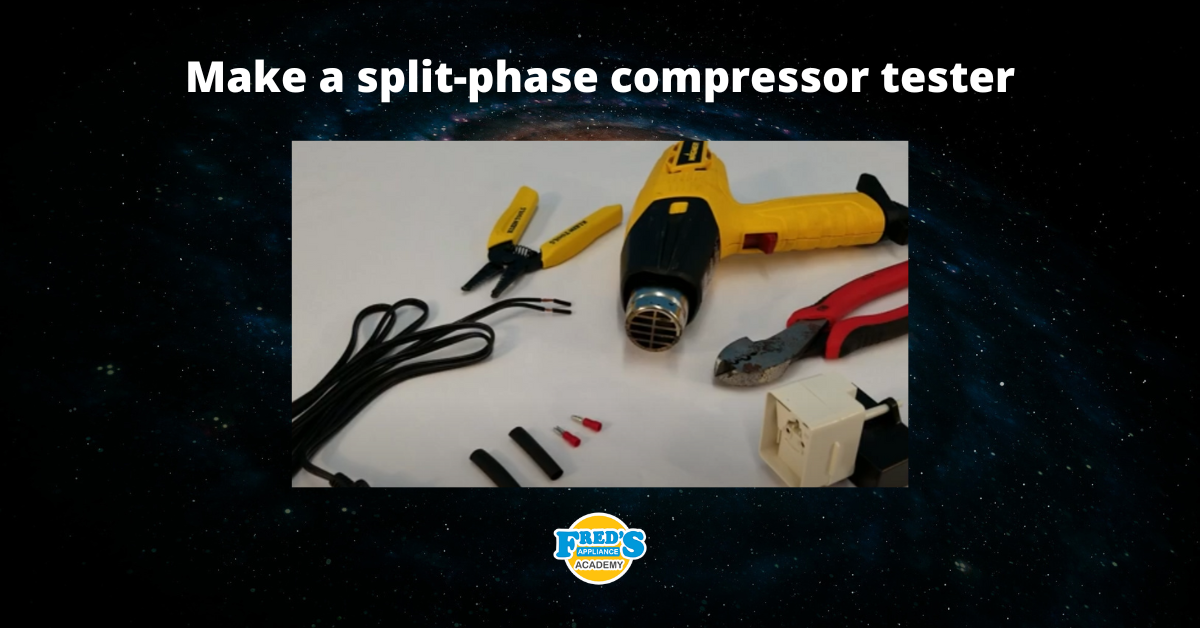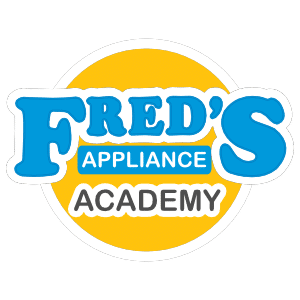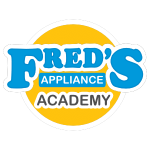
A lot of appliance repair is appliance maintenance, and a lot of appliance maintenance is keeping the parts clean. Anything that generates heat or needs to cool things down is particularly susceptible to this because dirty and clogged parts can draw heat away as effectively. That means either an appliance will have substandard performance or the electrical components will be overworking themselves to get the right amount of cooling. When you’re repairing a refrigerator, for example, the condenser coils will probably be covered in dirt, dust, and pet hair, and cleaning them off will either solve half the current problem or prevent a future one. While they might not be considered tools, here are a few things you should keep in your truck to help with the maintenance side of appliance repair:
- A can of compressed air: This is the best solutions for cleaning out tight spots in a variety of appliances. They’re most commonly used for cleaning keyboards, computers, and sewing machines, which have plenty of fragile pieces that can’t be physically moved and that even a specially designed brush can’t always reach. Having a can of air can also keep your hands clean. While appliance repair sometimes involves a lot of dust and grime, that doesn’t mean you necessarily want to reach your hand into the dusty shadows of the condenser coils underneath a refrigerator. It can also help you clean areas that can’t be exposed to water; provided you have a chemical-free can, it can also remove debris from areas in toasters and other food preparatory appliances that can’t otherwise be reached or can only be reached by a contaminated brush.
- Knee pads: Major appliances rarely have panels at convenient heights. Instead, they’re located at the bottom or even underneath the appliances. make sure you protect your knees with the same sort of knee pads used by construction workers that can alleviate the pressure of kneeling on the floor for collected hours throughout the day. They can prevent bursitis, which is the inflammation of sacs that cushion your joints and bones. Applying too much pressure on your knees, especially as you bend at odd angles to reach panels or embedded parts, can form long-term mobility problems and result in constant knee pain.
- Towels and small containers: Whenever you’re working with appliances that use water, there’s a chance of a leak. Even changing out a refrigerator’s water filter will probably result in small spills or a prolonged drip of water is a line stays open during replacement. Shut-off valves near major appliances solve most of the problem but not all of it. make sure you bring a couple plastic containers of different shapes and sizes so you can contain leaks or have a place to put wet tools as you’re working. Bringing a towel or two in the event of a larger spill or unexpected leak is also a good idea. While your customer will have paper towels and containers at their house or office, they won’t be pleased with having to potentially lose a dish or bath towel. Having them on hand not only avoids that negative interaction, it’s also good customer service and can be a relief for both parties.
Knowing how to use the tools of the trade is an important part of appliance repair whether you work on major appliances or small ones. But having the extras and knowing what you need to have on hand to prepare for the worst is also important and can help you keep customers (and your health). Go to Fred’s Appliance Academy for training on appliance repair tools and tools for keeping your business or client base growing.
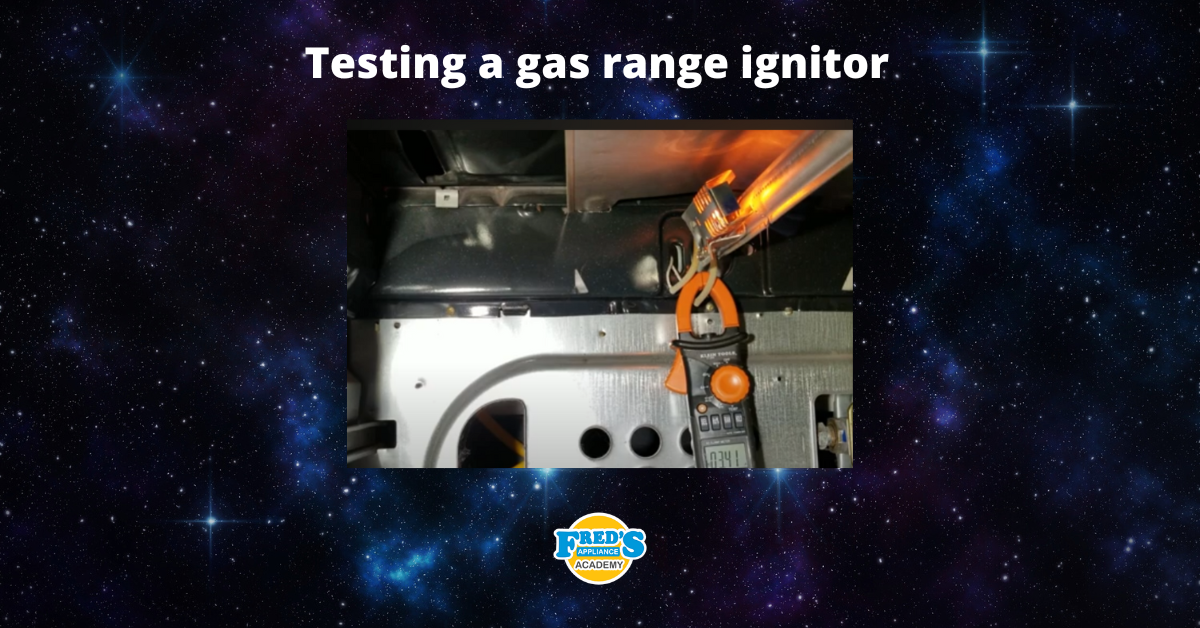
How to test a gas range ignitor
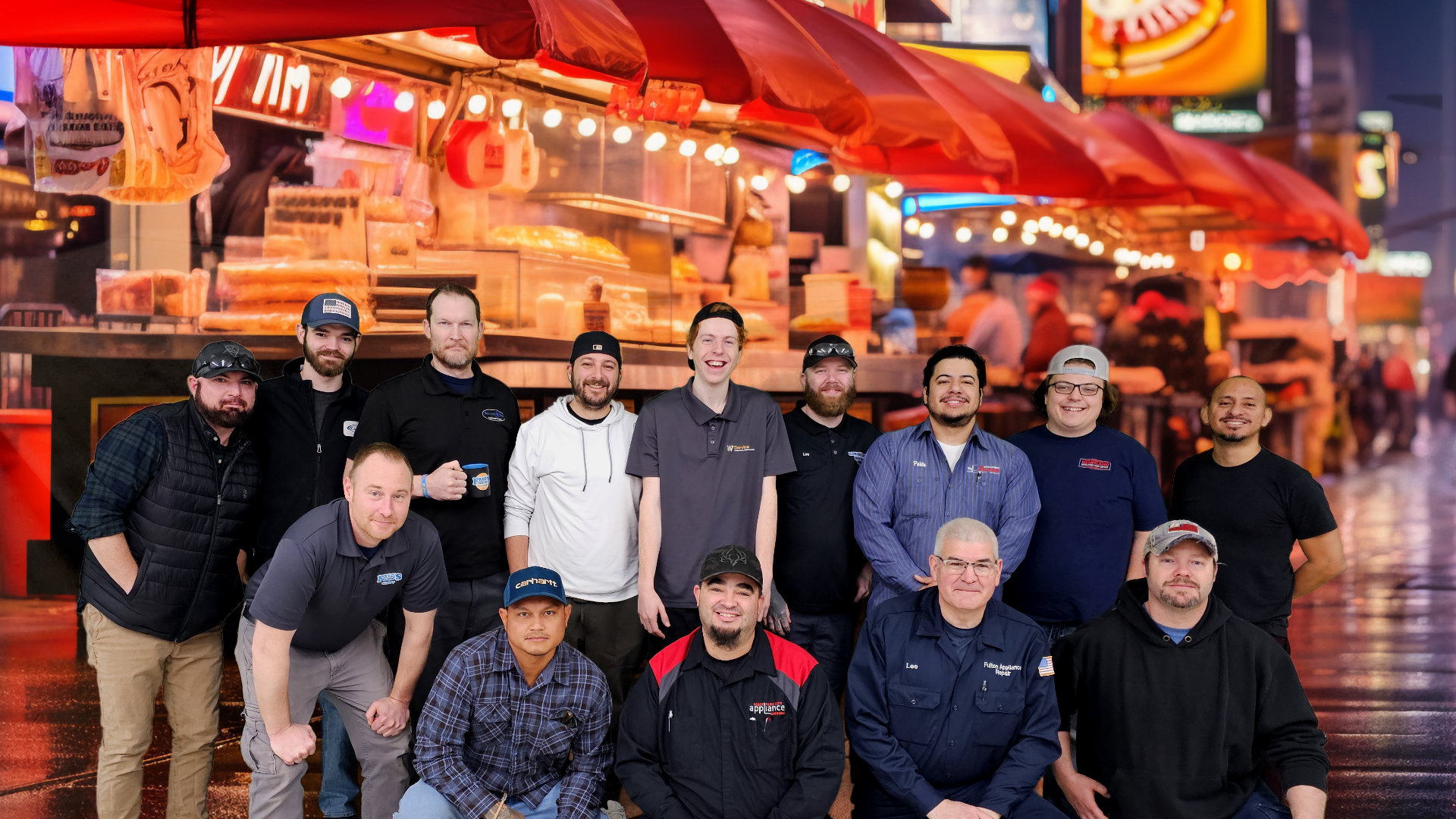
Congrats to our graduating March 2024 class

How to test a 120 volt receptacle

Congrats to our graduating February 2024 class
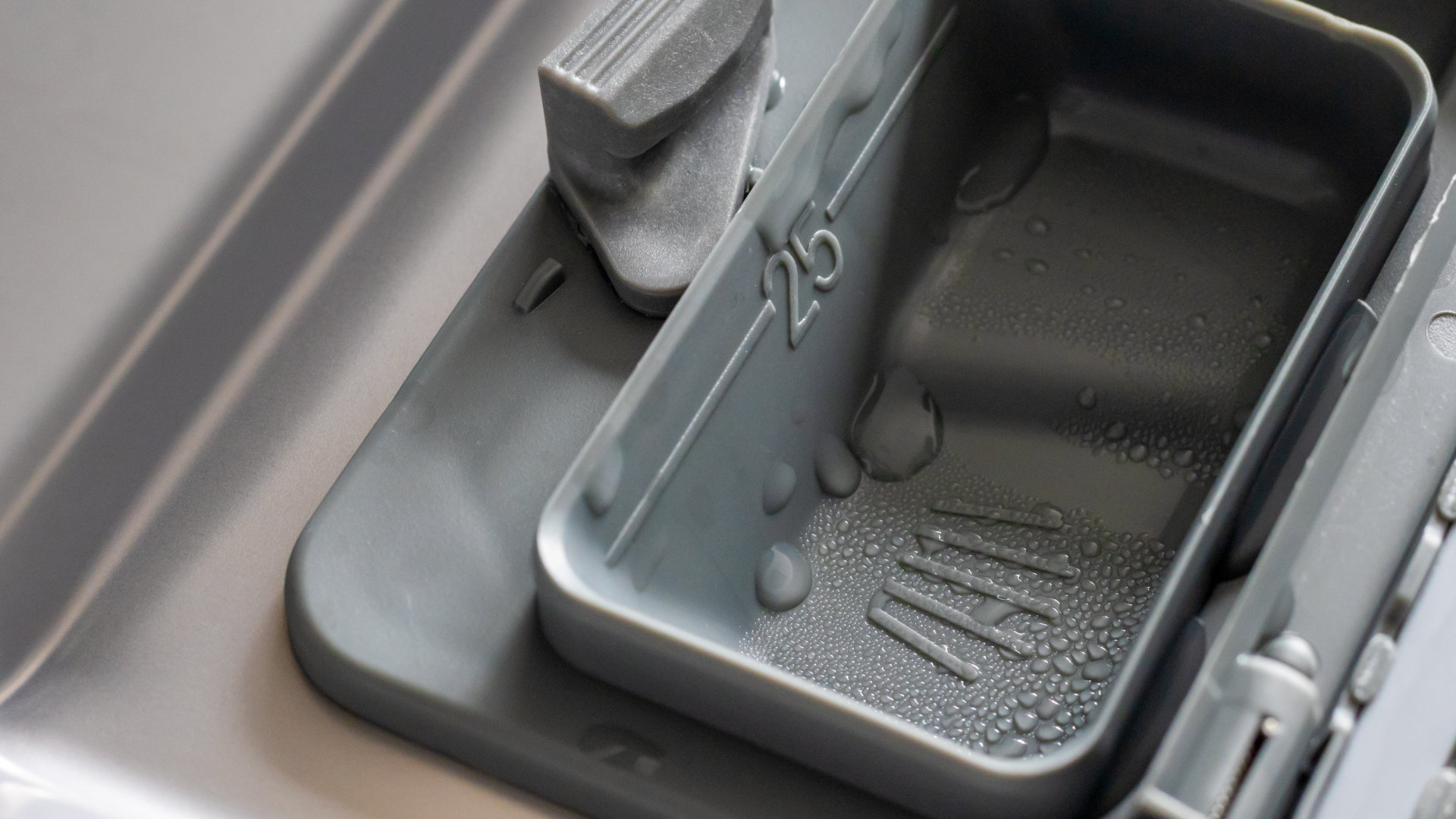
Why Is Your Dishwasher Soap Not Dissolving? (5 Easy Fixes)
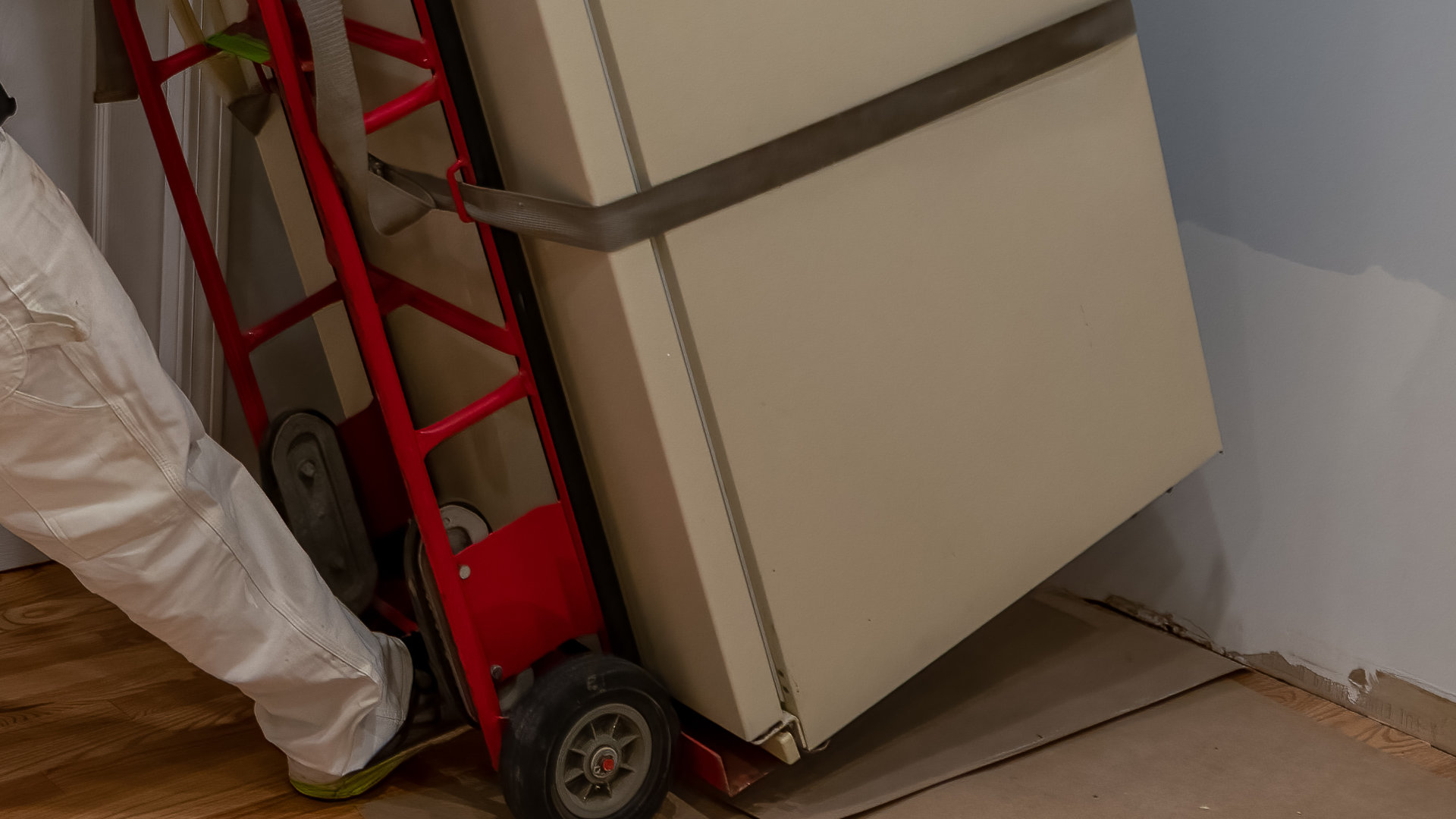
Refrigerator Dripping Water Inside? 5 Quick Fixes

Appliance Industry 2023 Q4 Results

Congrats to our graduating January 2024 class
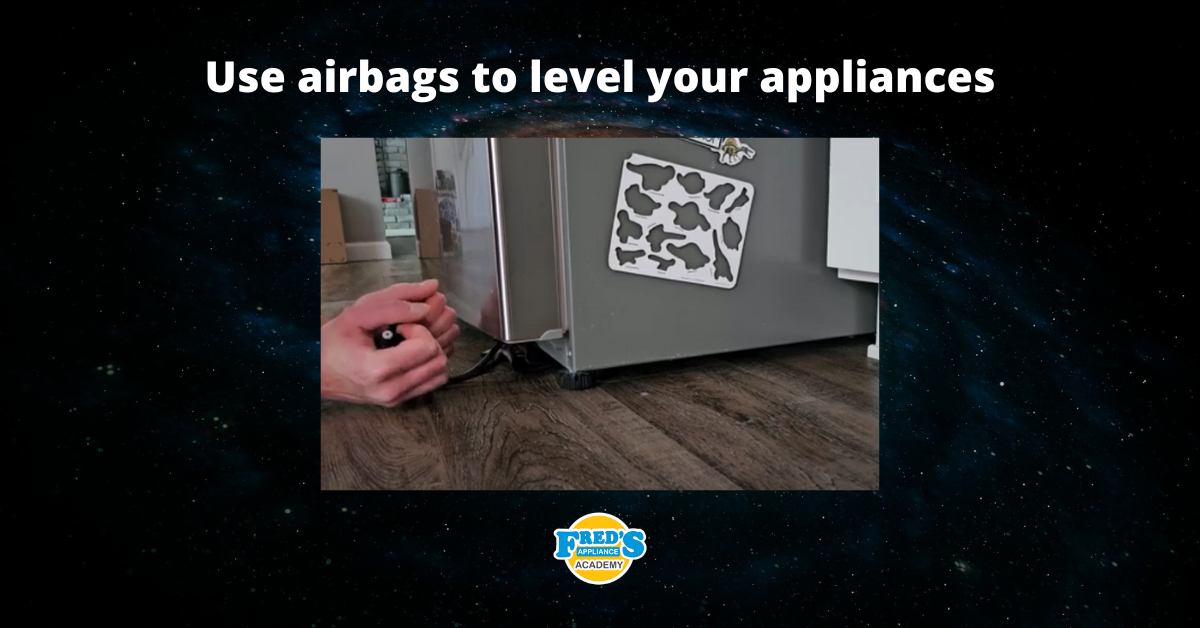
Clever ways to use airbags to level your appliances
